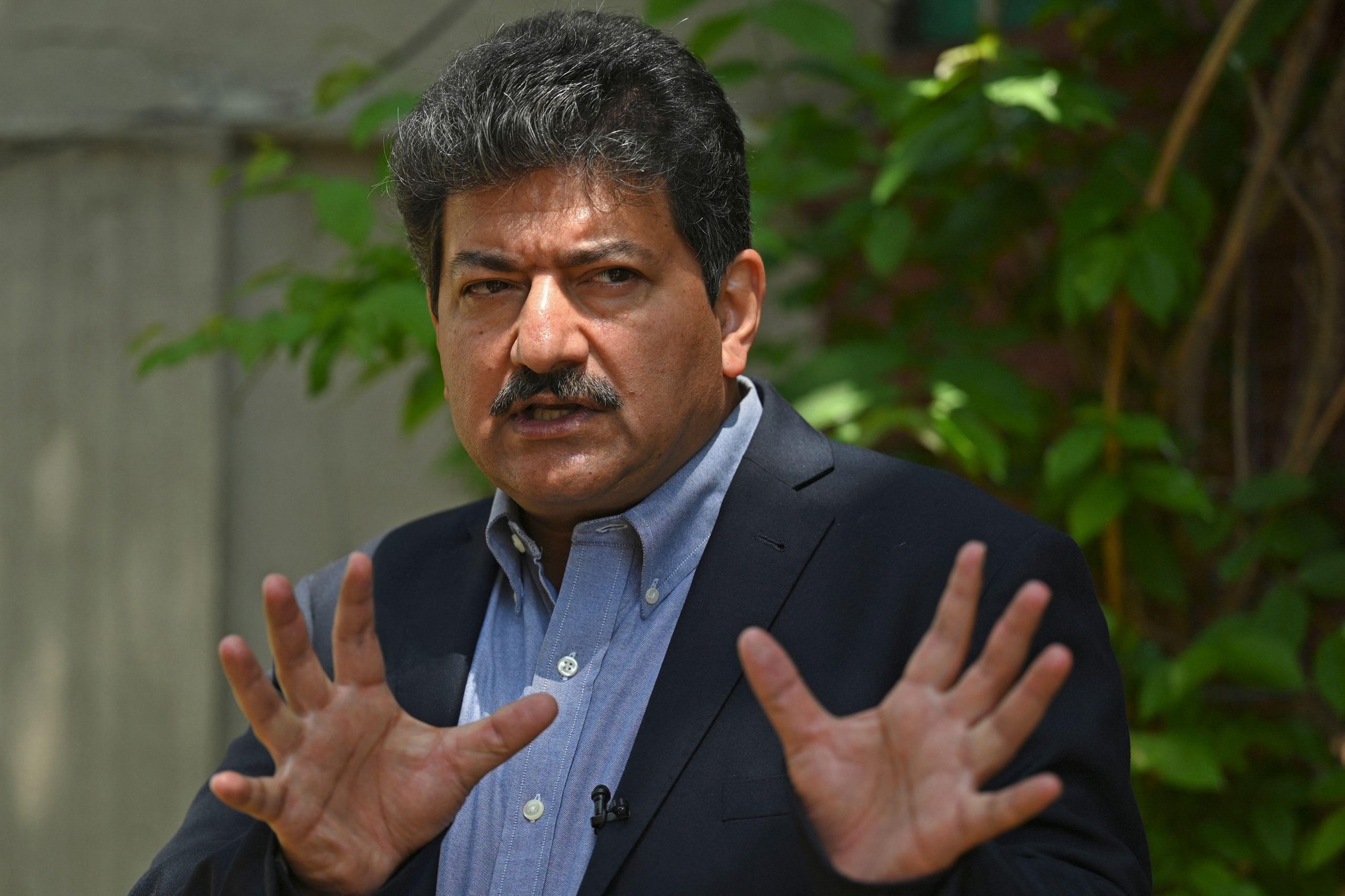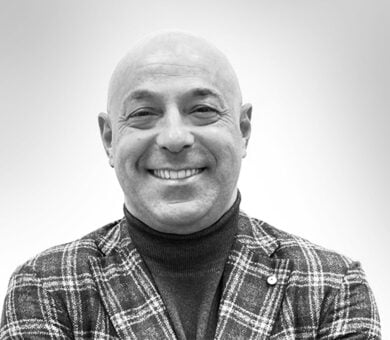Translated by Carol Simonetti
Hamid Mir is the most influential Pakistani journalist, who miraculously escaped two terrorist attacks for his thirst for truth and justice. But in March 1997 he was still a budding journalist when he went to Tora Bora, in the rugged Afghan caves, to learn about the Taliban’s thinking, who had just taken power. He still did not know, but he was about to carry out the interview that would have changed his life: Mir is the only journalist ever to have met Osama bin Laden, before the latter became the icon of absolute evil and that Al Qaeda unleashed his terrorist fury against the West. In May 1998, Mir interviewed him again, and so again on November 8th, 2001, while the Twin Towers’ debris still smoked and hundreds of missing people remained under the rubble. We met him in Switzerland, in the context of the Endorfine cultural festival in Lugano. “Before 9/11, Bin Laden had always allowed me to use microphones and cameras. He was a rather confident man, although he was always surrounded by Al Qaeda militiamen. But after the attacks, everything had changed. Even his attitude. He no longer trusted me; he had grown suspicious. In front of the camera, for example, he did not want to confirm in any way that he was directly responsible for the attacks on the World Trade Center. With the microphones off, however, he felt at ease. “Yes”, he confessed to me with a surge of pride, “it was me”. I asked him why he did not intend to state this openly. His response was: “Does President Bush take responsibility for America’s misdeeds? Or for supporting Israelis when they kill Palestinian children?” “So you are comparing yourself to a politician”, I commented. He laughed”.
Hamid Mir and the photos of the meetings with Osama bin Laden (Getty Images).
What did he want to prove? What did he say about it?
“He was a narcissist with a big ego. He wanted to be recognized as the hero of Afghanistan for defeating the Soviets. He thought that Saudi Arabia owed him some sort of leadership. While they mocked him. He never managed to convince them that Al Qaeda militiamen would be enough to dismiss Saddam Hussein. In Riyadh, they thought that only Americans could do such a thing. So, he cultivated revenge. The rift between Osama and the Saudi government has never healed. Imprisoned by his own compatriots, he fled to Sudan, where he began to weave that anti-American network that led him to Afghanistan, where instead the Taliban recognized him as a leader, and he was gratified for that”.
Why Afghanistan in particular?
“Mullah Omar’s Taliban simply followed the tribal tradition that required them to protect a guest. There was no deal between them, nor would Osama ever agree to marry a daughter of a local tribal chief, as she was not an Arab. What not many people know is that, in reality, Mullah Omar wanted to send him to Chechnya, aware of the danger of keeping him at home. There, he would have fought the Russians, and Afghanistan would have been safe. But the mullah did not know geography, and when it was pointed out that it was impossible to pass him unscathed through so many countries, he resigned himself. Mullah Omar sacrificed his country. While Bin Laden himself confessed to me that he wanted the Americans to go looking for him in Afghanistan. He knew that, if provoked, they would chase him to the end of the world blinded by revenge, and he believed that there they would find a new Vietnam”.
Which then, in fact, occurred punctually.
“Right. Quite predictable, then as now. In recent years, for example, the Taliban had started to double-cross. The Russians provided them with strategic information and so did the Iranians, who saw the Afghan Taliban as a barrier against ISIS’ rise in the region. Something big was about to happen, but neither Washington nor Islamabad wanted to see and preferred to believe the meetings in Qatar, where the Taliban held formal talks, denying any ambition for an immediate seizure of power”.
Was it all planned?
“Much also depended on the former president Ashraf Ghani. With his behavior, that is, running away with the money, he provided an excellent opportunity for the Taliban to replace him. It was the right opportunity. It is as if Ghani had told him: “Ok, come and take my place”. Americans’ escape was the inevitable consequence of that gesture”.
And the Pakistani secret services?
“They still made fun of the Taliban in August. They mocked them because they didn’t think they were capable of that much. But their analyses were based only on the number of soldiers. “How could 300,000 soldiers be defeated by 75,000 worse armed militiamen?” they were saying. Yet it was happening under their eyes, but they didn’t notice it”.
This shows that the Taliban know their business. But will they be able to manage the state and diplomacy?
“The fact that the interior minister, Sirajuddin Haqqani, already on the UN blacklist, met the UN special representative for Afghanistan – who is a woman – is a sign of openness on both sides. Now, if the Taliban respect the pacts, including other ethnicities and women, and not letting the country turn into a hub for terrorism, then it can be said they have changed. Otherwise, we will have to conclude that they are the same as in the past, using only new techniques”.


